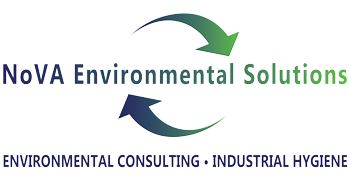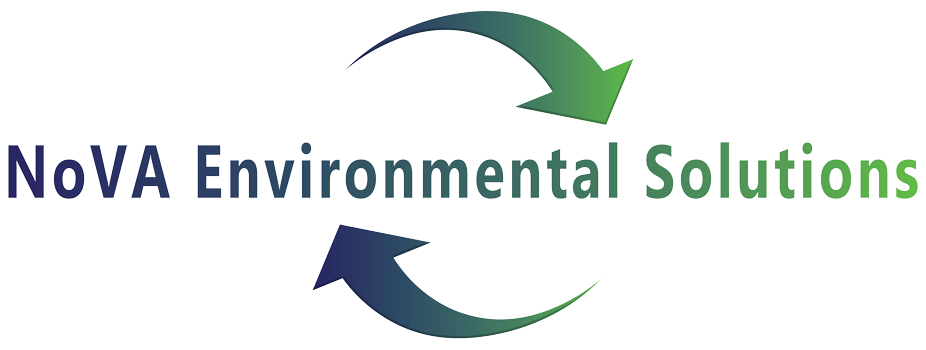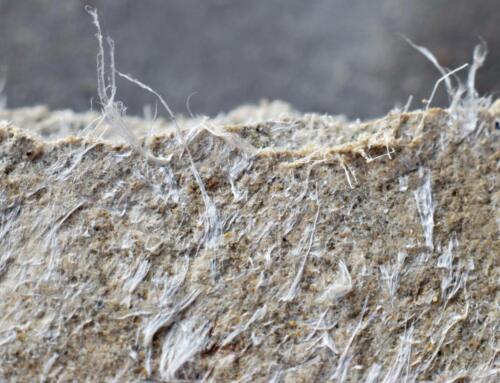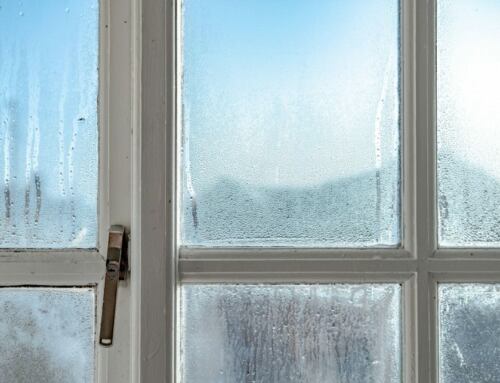What is industrial hygiene?
Industrial hygiene, also known as occupational hygiene, is a field of occupational health and safety that focuses on preventing workplace hazards that can cause illnesses, injuries, and fatalities. It is an essential aspect of safety in all industries, from medical and construction, to manufacturing and beyond. In this blog post, we’ll discuss what industrial hygiene is, why it matters, and how to ensure that your workplace complies with the latest industry standards.
Industrial hygiene combines scientific and engineering principles with medical knowledge to anticipate, recognize, evaluate, and control environmental stressors that can cause harm to workers. Industrial hygiene services involve monitoring workplace hazards such as noise levels, hazardous materials, ventilation, lighting, and temperature and humidity levels. By assessing potential risks and implementing preventive measures, industrial hygiene assessments help ensure employees’ safety and well-being and create a healthier work environment.
Industrial hygiene inspectors assess workplace conditions for potential health risks and implement controls to reduce hazards. They monitor areas for air quality, noise levels, chemical exposure, radiation, temperature, and other potential safety issues. They often use personal protective equipment and other engineering controls to mitigate potential hazards. They also provide employees with training on safe work practices, emergency preparedness, and proper handling of hazardous materials.
In addition to monitoring workplace conditions, industrial hygiene services also involve assessing employee health risks due to exposure to hazardous materials or chemicals. This includes evaluating medical histories and analyzing symptoms to identify potential problems or diseases that occupational exposures may have caused. Industrial hygienists use their knowledge of toxicology and occupational health to assess individual health risks and provide recommendations on reducing or eliminating them.
The importance of industrial hygiene
Industrial hygiene is essential for many reasons. First, it helps to prevent workplace injuries and illnesses that hazardous conditions can cause. For example, exposure to toxic chemicals or excessive noise can cause permanent hearing loss, respiratory problems, and other serious health issues. Industrial hygiene is key to protecting workers from such hazards and ensuring their health and safety.
Second, industrial hygiene helps ensure that employees work in a safe and healthy environment. Poor indoor air quality, inadequate ventilation, and insufficient lighting can all negatively affect employee morale, performance, and overall well-being. Industrial hygiene is important in maintaining a healthy workplace and preventing fatigue, stress, and other issues arising from unhealthy working conditions.
Third, industrial hygiene helps to protect the environment. Industrial hygiene ensures the environment is kept clean and safe by minimizing exposure to hazardous materials, pollutants, and waste. This is important for both the present and future generations who may be affected by such substances.
Finally, industrial hygiene helps to maintain a safe and productive workforce. By controlling risks from workplace hazards, companies can ensure that their employees can work safely and efficiently. This helps to improve productivity and reduce costs associated with accidents or illness.
In short, industrial hygiene is essential for protecting workers, the environment, and the business itself. Through proper risk assessment and control measures, companies can ensure that their workers are safe and healthy while promoting a productive working environment.
Ensuring Your Workplace is Compliant
It is essential for employers to understand the potential risks associated with their workplace and to ensure they are taking the necessary steps to protect their employees and business. Here are a few steps to take to ensure your workplace complies with industrial hygiene standards:
- Identify Potential Hazards: The first step in ensuring industrial hygiene compliance is identifying workplace hazards. This can include anything from chemical spills to dust and noise pollution. It’s essential to understand potential risks to take the appropriate action comprehensively.
- Follow Regulations: Once potential hazards have been identified, it’s important to adhere to the regulations set by governing bodies and local authorities. This includes everything from using protective gear, such as gloves and goggles when handling chemicals or other hazardous materials to implementing ventilation systems and maintaining noise levels at acceptable levels.
- Create a Health and Safety Plan: Developing a comprehensive health and safety plan can help employers stay on top of industrial hygiene compliance. It should include a list of all potential risks and how they will be addressed and clear guidelines for employees on staying safe in the workplace.
- Conduct Regular Inspections: Regular inspections ensure workplace safety and compliance. Employers should ensure that all safety protocols are followed, and any issues are addressed immediately.
- Implement Education and Training Programs: Educating employees on the importance of industrial hygiene can help them understand their role in keeping the workplace safe and compliant. In addition, employers should provide regular training sessions on proper safety protocols and ensure that everyone is up-to-date on new regulations.
By taking these steps, employers can ensure their workplace complies with industrial hygiene standards and create a safe working environment for everyone.
NoVA Environmental Solutions conducts third-party inspections in industrial, construction, medical, and other hazardous work environments to ascertain employee exposure to chemical, physical, radiological, and biological health hazards. Let’s chat about your industrial hygiene needs to ensure your workplace is safe: (540) 645-6141.






